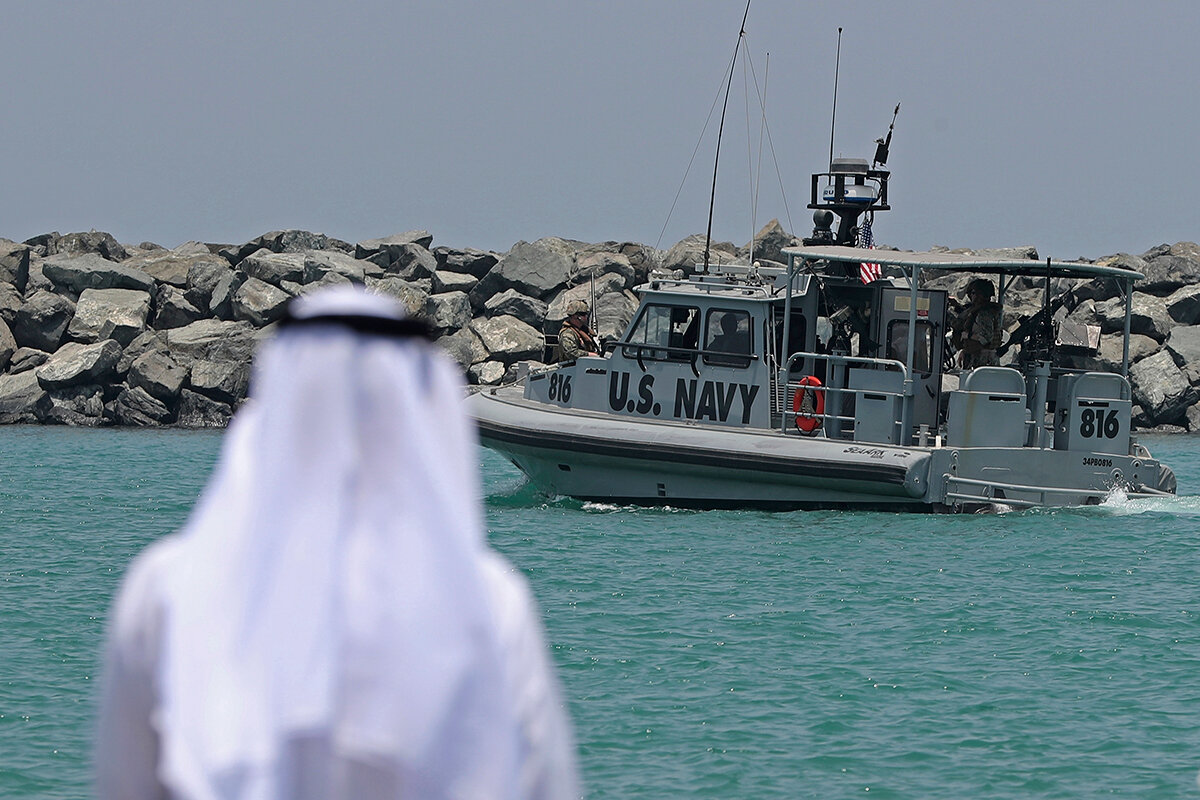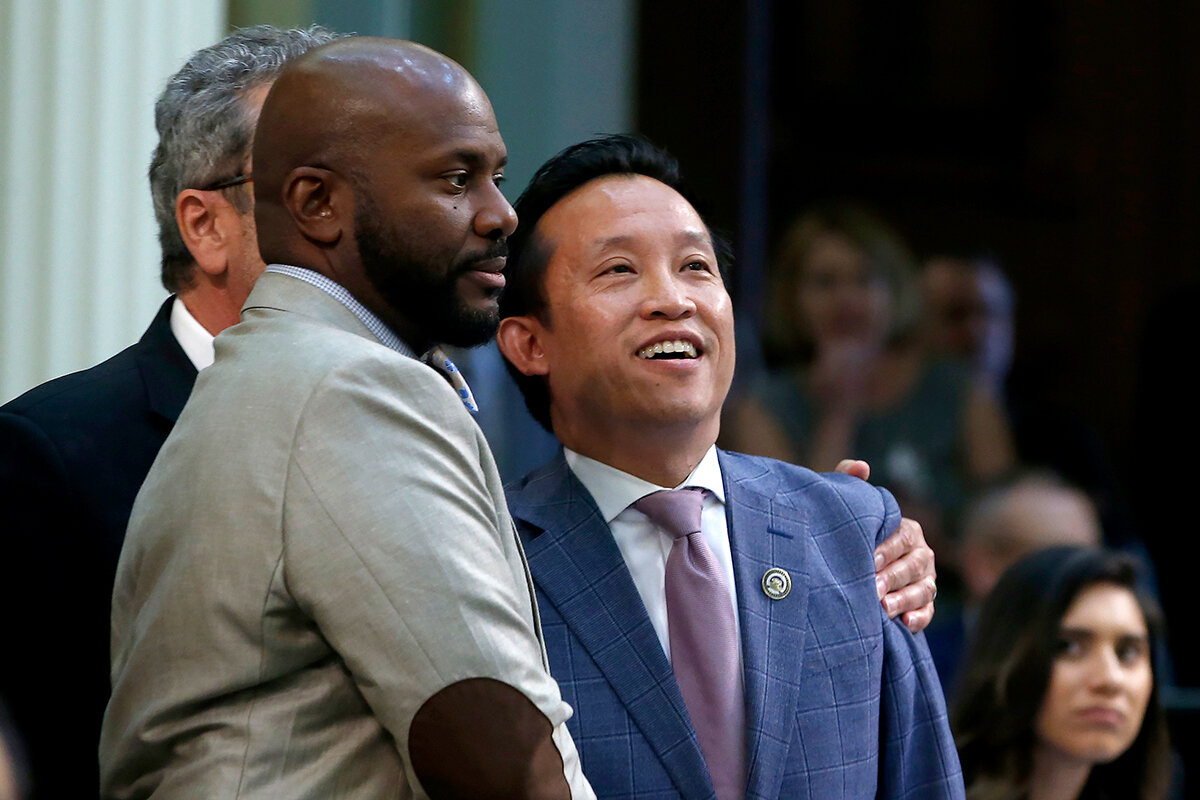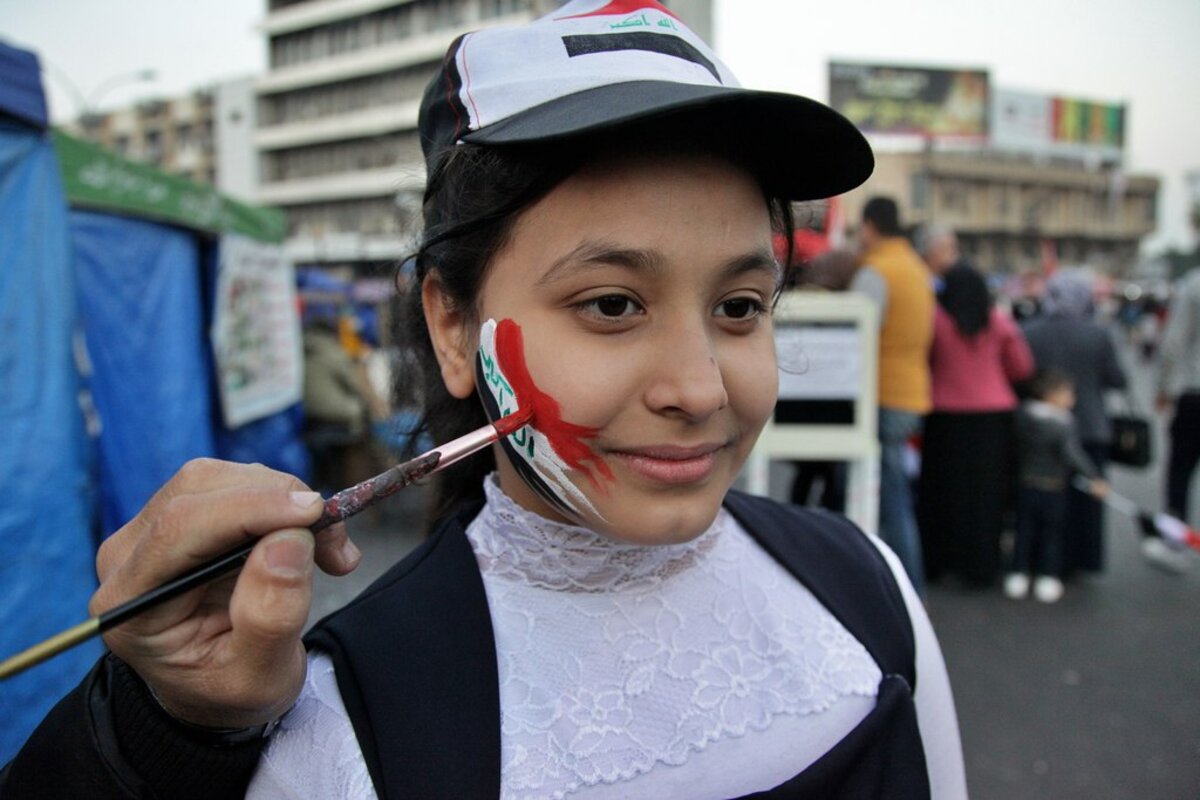Allies value dependability and transparency. Which is why President Trump's clash with Iran, which blindsided America's Gulf Arab allies, strengthened their sense that the United States is becoming a liability.
Monitor Daily Podcast
- Follow us:
- Apple Podcasts
- Spotify
- RSS Feed
- Download
 Noelle Swan
Noelle Swan
Today’s stories explore the diplomatic ripple effects of the Soleimani assassination, the implications of President Donald Trump’s unilateralist approach, a search for solutions in California’s housing crisis, efforts to quantify femicide in Kenya, and a foray into ethical fashion design.
We’re keeping a close eye on the bushfires ravaging Australia and plan to have Martin Kuz on scene by week’s end. In the meantime, here’s a look at one little girl’s quest to help animals threatened by the fires.
Lucia Stewart is on a mission. At just 8 years old, she spends much of her time rescuing and rehabilitating local wildlife. She currently cares for 53 animals at her home in South Waikato, New Zealand, including rabbits, ducklings, chickens – and her dog Rex. But she plans to devote the next several weeks to animals farther afield.
Like many around the world, Lucia has been devastated by bushfires ravaging Australia and the estimated 1 billion animals that have been killed.
“She’s watched the news, seen the photos and videos on social media, and has shed tears over it,” her mom, Megan Stewart, explains in a Facebook Messenger chat. “The numbers of recorded wildlife that are gone has totally touched her heart.”
So for the next several weeks, Lucia is joining crafters around the world in a global effort to produce snuggly gear for animals rescued from the flames. Ms. Stewart, who is a seamstress and homeschools Lucia, taught her daughter how to sew five years ago during another spate of bushfires. Together the team made 200 pairs of mittens for koalas with burned paws.
This time, Lucia has full command of the sewing machine. Just a few days in, she and her mom have already stitched several dozen wraps and hanging pouches for joeys, bats, and wallabies.
“I want the world to know how special each and every animal is, especially native wildlife who don’t have owners to care for them and who cannot stand up for themselves,” Lucia says. “Every little life matters.”










